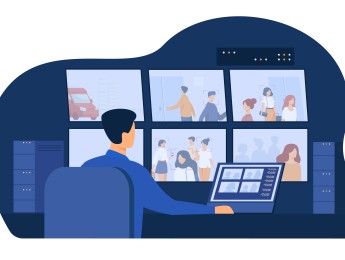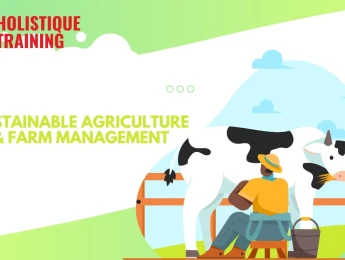In the modern world, effective marketing through media is essential to ensuring an organisation's success. Marketing helps promote and advertise a desired service, product, or message that will attract consumers to interact with it. There are a wide variety of ways an organisation can utilise media, and many of them come with their own benefits and challenges.
To guarantee success, an organisation must understand the platform it intends to use. Each platform has a primary purpose, and often, a particular target audience will dominate that platform. The organisation will have to carefully analyse the target audience and assess the ideal platform to use. Once the platform is established, the organisation needs to create detailed plans and strategies to help it connect with its audience.
When it comes to marketing through media, communication is key. Those involved need to communicate clearly and concisely to ensure the target audience can fully engage. Through the use of social media, the organisation can talk directly with its consumers and generate a personal connection. This provides further opportunity to create demand, driving traffic away from the social media platform and onto its personal websites.
Upon completion of this course, participants will be able to:
- Understand the importance of media and marketing for the success of an organisation.
- Explore the various types of media, their benefits, and limitations.
- Effectively manage an organisation’s local, regional, and international reputation.
- Analyse behaviours and attitudes towards the organisation and utilise media to improve reputation.
- Assess the entire process of producing media, including planning, strategizing, implementing, and monitoring performance.
- Evaluate the potential challenges media may pose and how to navigate them.
- Develop knowledge of the five Ps concerning media marketing.
- Utilise media for brand development and promotion.
This course is designed for anyone within an organisation involved in media and marketing. It would be most beneficial for:
- Marketing Directors
- Online Community Engagement Managers
- Social Media Managers
- PR Personnel
- Communication Managers
- Sales Directors
- Media Relations Representative
This course uses a variety of adult learning styles to aid full understanding and comprehension. Participants will review real-world examples of media marketing to highlight critical features, communication methods and strategies.
Participants will be granted ample opportunities to engage in various learning exercises and methods to ensure a full development of knowledge relating to the taught content. Using all the necessary equipment provided, they will partake in presentations, group discussions, and individual and group activities. This variety will ensure the participants can align existing knowledge with the information and skills of the taught content.
Day 5 of each course is reserved for a Q&A session, which may occur off-site. For 10-day courses, this also applies to day 10
Section 1: Fundamentals of Media
- Defining what media is.
- Exploring the various types of media, their advantages, and disadvantages.
- Identifying the purpose of different media channels and how an organisation can best utilise them.
- Reviewing the concepts of the marketing mix and the five Ps.
- The importance of establishing a unique and recognisable brand.
Section 2: Media Management Process
- Establishing the organisations' goals, objectives, and expectations of different media channels.
- Creating action plans detailing media strategies, innovative ideas, target audience and promotional materials.
- Organising sponsorships and promotions that align with the organisation’s goals.
- Creating a media team dedicated to managing content output.
- Maintaining a positive reputation with consumers.
Section 3: Communication Through Media
- The vitality of clear and concise communication.
- Combining different methods of communication to effectively convey a message – written, verbal, and non-verbal.
- Aligning public content with different platforms to ensure consistency and prevent confusion.
- Assessing the target audience and tailoring the communication style to fit their needs.
- Direct and open communication with consumers through social media platforms.
Section 4: Social Media
- How social media has evolved the media industry.
- Creating social media accounts and ensuring brand consistency throughout.
- Personally connecting with consumers through likes, commenting, sharing pictures and videos.
- Utilising SEO factors to drive traffic from social media platforms to the organisation’s website.
- Analysing algorithms and trends to guarantee maximum engagement.
Section 5: Crisis Management
- What would be considered a crisis when managing media?
- Responding to hate and criticism calmly and appropriately.
- Enabling all possible security features when using social media platforms.
- The inevitability of human error – accepting responsibility for mistakes.
- Repairing reputation post-crisis.
Upon successful completion of this training course, delegates will be awarded a Holistique Training Certificate of Completion. For those who attend and complete the online training course, a Holistique Training e-Certificate will be provided.
Holistique Training Certificates are accredited by the British Assessment Council (BAC) and The CPD Certification Service (CPD), and are certified under ISO 9001, ISO 21001, and ISO 29993 standards.
CPD credits for this course are granted by our Certificates and will be reflected on the Holistique Training Certificate of Completion. In accordance with the standards of The CPD Certification Service, one CPD credit is awarded per hour of course attendance. A maximum of 50 CPD credits can be claimed for any single course we currently offer.
- Course Code IND11-107
- Course Format Classroom, Online,
- Duration 5 days














